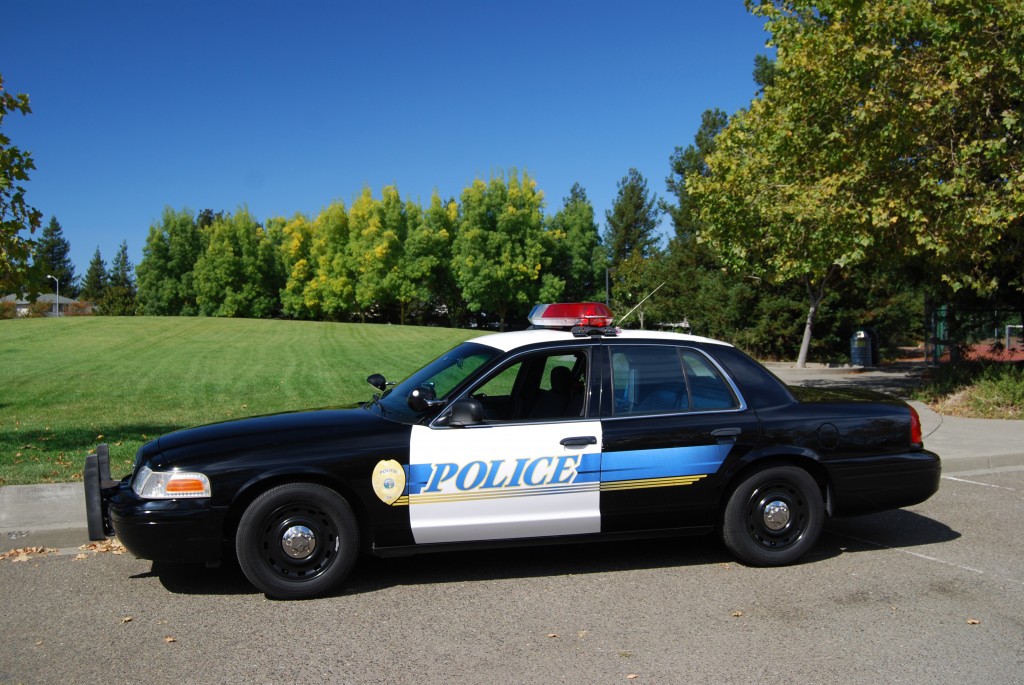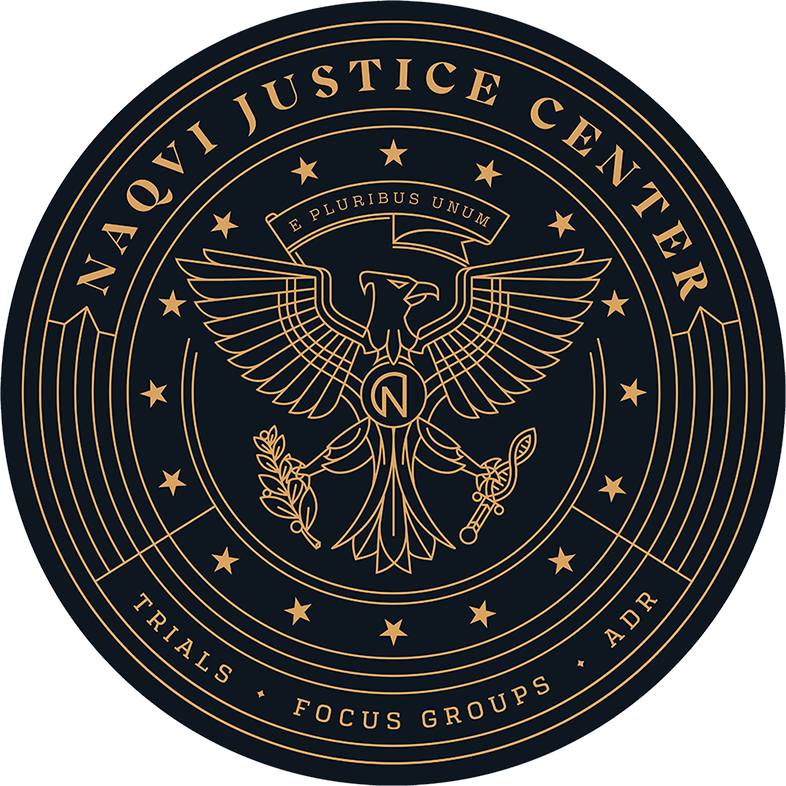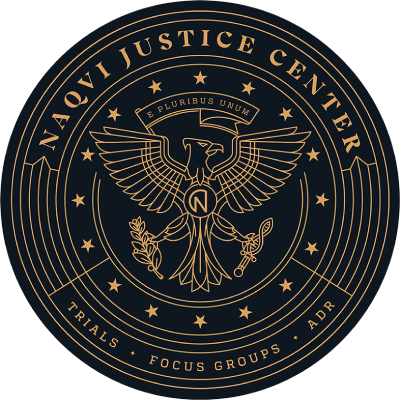
Here is the scenario; an inattentive driver in an oversized Escalade changed lanes into your car on Sands Avenue sending you careening off the road into a concrete retaining wall. Airbags were deployed but you both seem OK. Your Mercedes S550 wasn’t as lucky. You call 911 to alert them of the accident. 911 determines that both you and the other guy aren’t hurt and tells you that a police officer won’t be sent to the scene.
How do you feel about that? Are you relieved that you won’t be dealing with the police in this matter?
Frontier Justice
After you exchange important information, you get to the point where you let the other guy know that he ran you off the road. That’s when things get interesting. He says you veered into him, hitting his car; you then overcorrected into the concrete wall. Now how do you feel about not having a police officer at the scene?
Without a police officer, your new friend won’t be cited for an improper lane change. There will be no investigation of the accident. Without an investigating officer, it becomes a game of he said, she said; or he said, he said; or… well you get the idea. And in a state without no-fault insurance, how does one determine fault for insurance reasons?
No injuries?
It’s just a car; right? However, a couple days later, that little crick in your neck gets worse and you start noticing numbness in different parts of your body. After two weeks, you can barely function. A police investigation at the scene sure would have been nice.
Pros
According to Metro Police, the reason for not responding to non-injury accidents is a safety issue. They reason that enforcement of traffic laws will make Las Vegas roads safer. By pulling officers away from non-injury accidents, they will be able to spend more time patrolling streets in search of cars that are speeding, running red lights, and driving recklessly. Officers will also have more time to watch for drunk drivers.
Unless you are the guy in the Escalade about to get away with distracted driving, the reasoning by the police is the only positive statement on this policy. Put bluntly, police will be setting up more speed traps and DUI checkpoints.
Cons
Even in an accident with no injuries, the presence of a police officer restores calm and establishes order. They would be able to recognize the empty look of shock when everyone else thinks there are no injuries. The distant voice of 911 investigating the scene just isn’t the same. And how many non-injury accidents will turn deadly without someone properly directing safety?
As this policy begins full implementation, the list of cons will most likely grow. Until then, here is a short list of cons one might expect.
-
· No accident investigation
· No qualified person to determine possible injuries
· No qualified safety director
· No authority figure to keep tempers from erupting into violence
· No qualified person present to expedite the process
Since upholding order and public safety are a couple things people expect from their police, not dispatching an officer to the scene of a non-injury accident might be seen by some, perhaps many, as a breach of trust. People left on their own during a traffic accident will be even more resentful of the presence of an officer when they exceed the speed limit by 6 MPH.
Conclusion
It remains to be seen how this policy will play out. At first investigation, it seems it will create more problems than it solves. From a cynical view, patrolling for traffic violations and writing more tickets may become a financial boon to the LVMPD but it will become a PR nightmare for them when people begin seeing the cons outweighing the pros.

